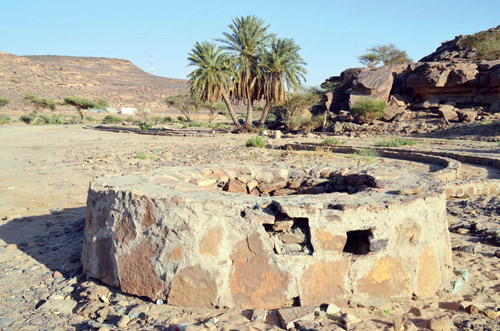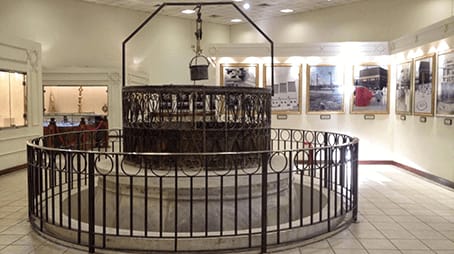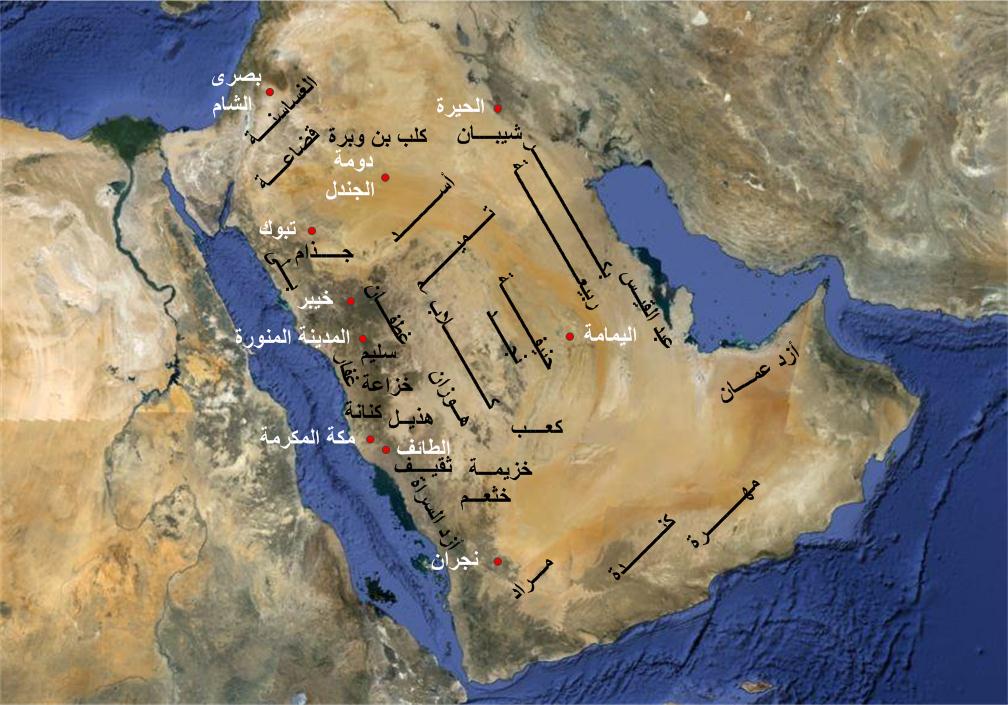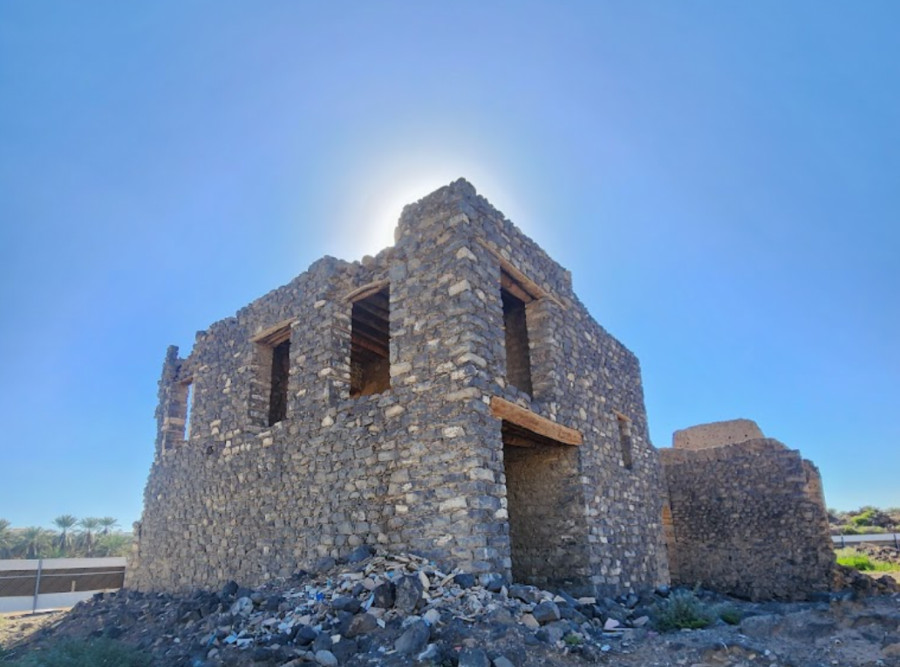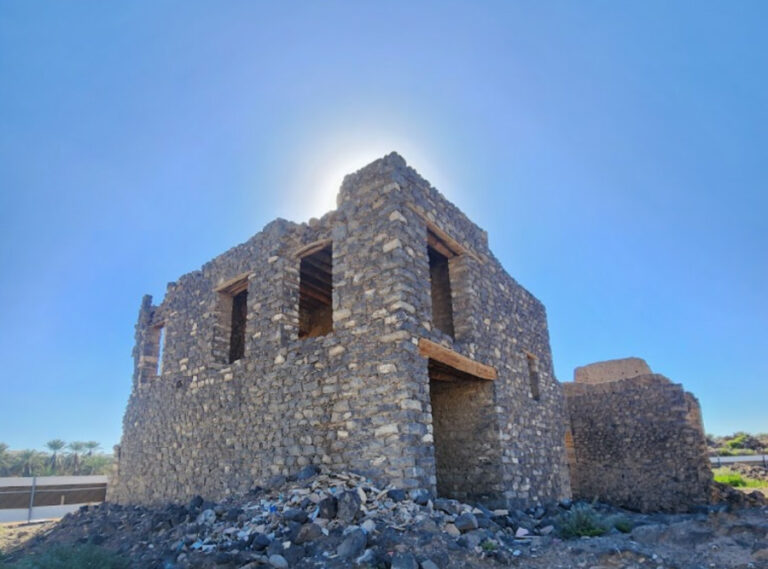 Al-Ehn well (Al-Yaseerah)
Al-Ehn well (Al-Yaseerah)
Wells of Madinah – An Everlasting Islamic Legacy
Madinah, the second holiest city in Islam after Makkah, has always been a center of Islamic civilization and a destination for Muslims from all over the world. Given its desert environment, access to water has been a crucial factor in the city's development. Throughout history, wells in Madinah played a significant role in sustaining life and became an essential part of the lives of Prophet Muhammad ﷺ and his companions, giving some of them religious and historical significance.
Famous Wells of Madinah
1. Well of Rumah – A Continuous Charity Until the Day of Judgment
The Well of Rumah is one of the most well-known wells in Madinah, closely linked to one of the greatest charitable acts in Islamic history.
- Initially, this well was owned by a Jewish man who sold its water at high prices, making it difficult for the residents of Madinah to access clean water.
- Prophet Muhammad ﷺ encouraged his companions to purchase it and make it a public endowment for Muslims.
- Responding to this call, the noble companion Uthman ibn Affan رضي الله عنه bought the well and dedicated it as a charity, securing a place in Paradise as promised by the Prophet ﷺ.
- The well remains functional to this day and continues to serve as a historical landmark and a charitable source of water.
2. Well of Budaa’ah – Mentioned in Prophetic Traditions
- This well, located in Madinah, is one of the wells mentioned in several narrations of the Prophet ﷺ.
- It was once a primary water source for the people and visitors of Madinah.
- Some reports indicate that the Prophet ﷺ used its water for ablution (wudu).
3. Well of Ghars – A Well Beloved by the Prophet ﷺ
- The Prophet Muhammad ﷺ was known to drink from this well, and it is said that he recommended using its water for washing his blessed body after his passing.
- It is located near Masjid Quba and remains an important historical site in Madinah.
4. Well of Al-Ahan
- This is one of the ancient wells that provided fresh water to the inhabitants of Madinah for generations.
- It played a vital role in sustaining the city's population and the many travelers who passed through it.
The Role of Wells in Islamic Life
- The wells of Madinah played a critical role in providing drinking water for residents and pilgrims, particularly during periods of drought.
- Some wells became gathering places for the community, helping to stimulate trade and economic life in the city.
- Many of these wells are deeply connected to the prophetic tradition, enhancing their religious and historical significance.
- The early Muslims and companions of the Prophet ﷺ contributed to digging and endowing wells for public benefit, reflecting the Islamic principle of continuous charity (sadaqah jariyah).
The wells of Madinah are not just historical water sources; they represent a golden era of Islamic history where charity and communal service were highly valued. While most of these wells are no longer in use due to modern water supply systems, they remain an essential part of Islamic heritage, reminding us of the life of Prophet Muhammad ﷺ and his noble companions in the blessed city of Madinah.

